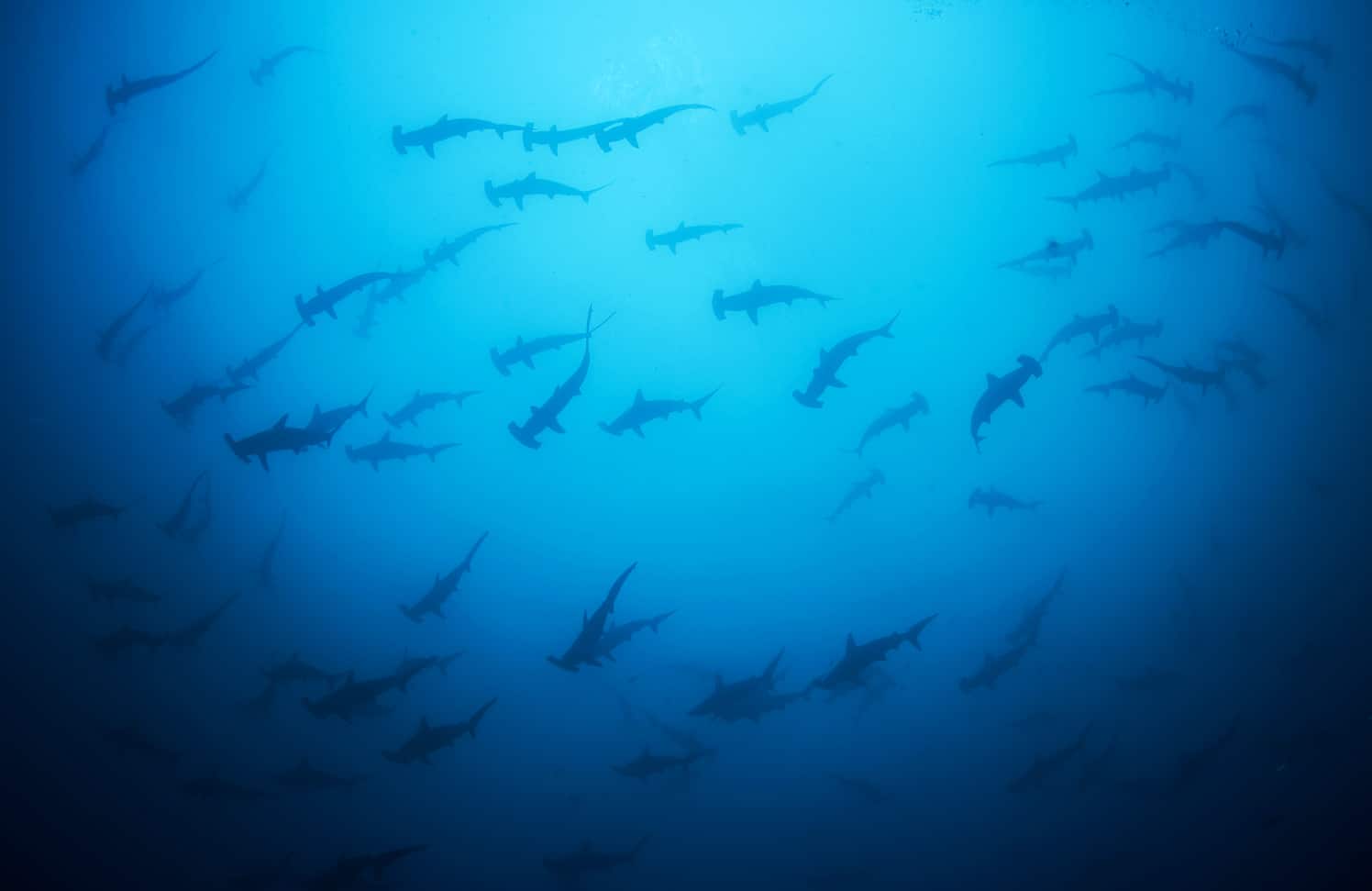More than 20 species of sharks will now receive international protection thanks, in part, to the Costa Rican government.
During a meeting for the Convention on the Conservation of Migratory Species of Wild Animals, held in Quito, Ecuador, last week, members added a record 21 shark, ray and sawfish species to Appendix II of the convention, which includes all “migratory species requiring international protection.”
In a joint effort, Costa Rica and Ecuador campaigned for the inclusion to the appendix of both the scalloped and great hammerhead (Sphyrna lewini and Sphyrna mokarran, respectively). Both species of hammerheads are crucial to the ecosystems of Costa Rica’s Cocos Island and Ecuador’s Galapagos Islands. According to the International Union for the Conservation of Nature, the two hammerhead species have undergone population decline of between 60 and 99 percent.
According to shark conservation groups, these declines can be attributed to the rise in popularity of shark fin soup in Asia. To feed the demand for the expensive delicacy, fishermen began shark finning, which entails catching huge quantities of sharks — too much to fill their hulls — slicing off the valuable fins and throwing the carcasses overboard.
Related: Could tide finally be turning for shark fin demand in China?
Costa Rica also threw its support behind Egypt’s suggestion to add the silky shark (Carcharhinus falciformis) to the appendix. Though not endangered in Costa Rica, silky sharks are among the most common bycatch caught by longline and purse seine fishermen in the country’s ocean territory.
While the species’ incorporation in Appendix II encourages shark conservation, it is up to the convention’s individual members to develop strategies to protect the species listed.
“The work has only just begun, as many pressures exist due to the many interests at stake,” said Randall Arauz, president of the shark conservation group PRETOMA. “If we don’t act now, it will be impossible to restore the populations of these threatened marine species, which are vital for the function of the marine ecosystem, and upon which humanity itself depends on.”






